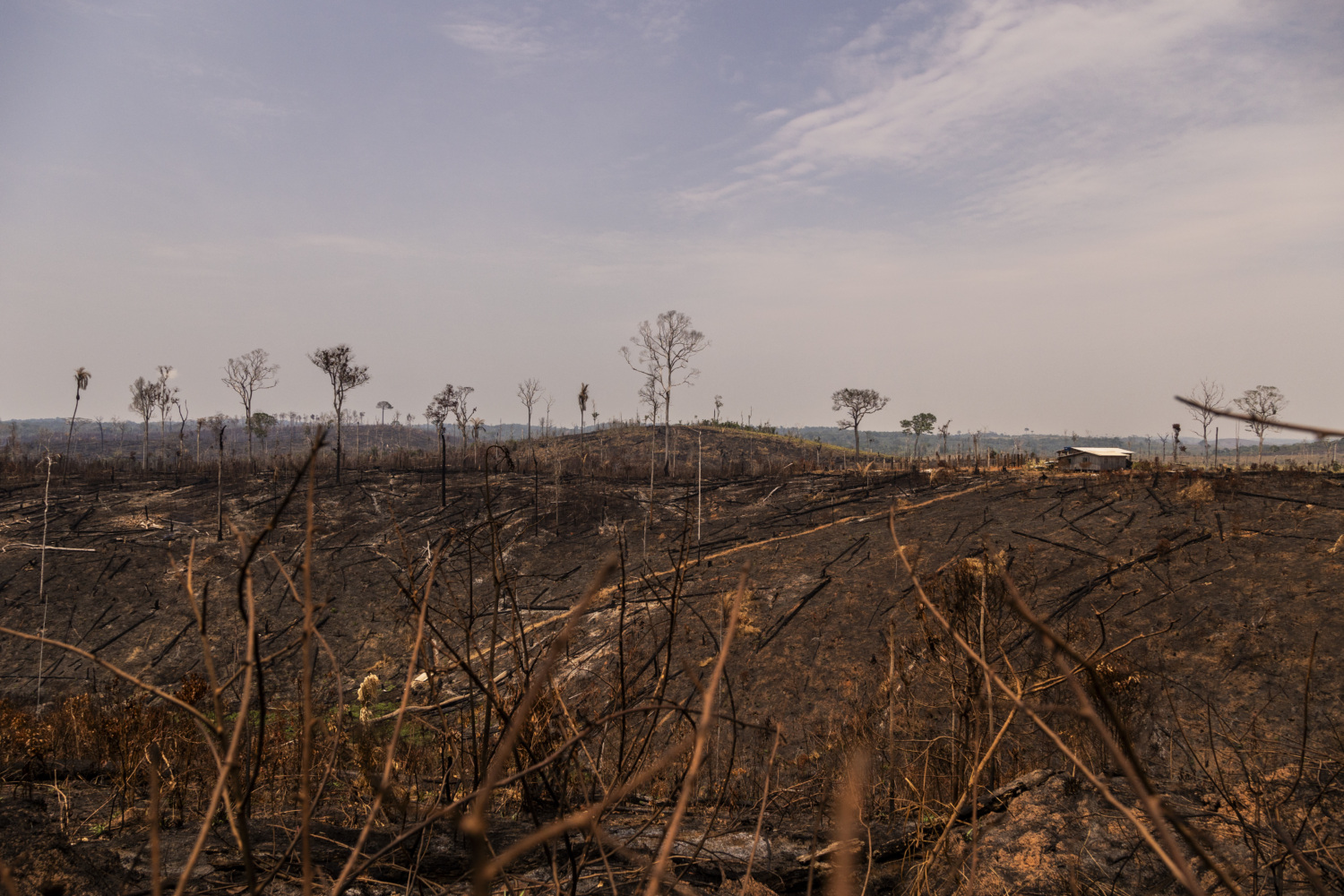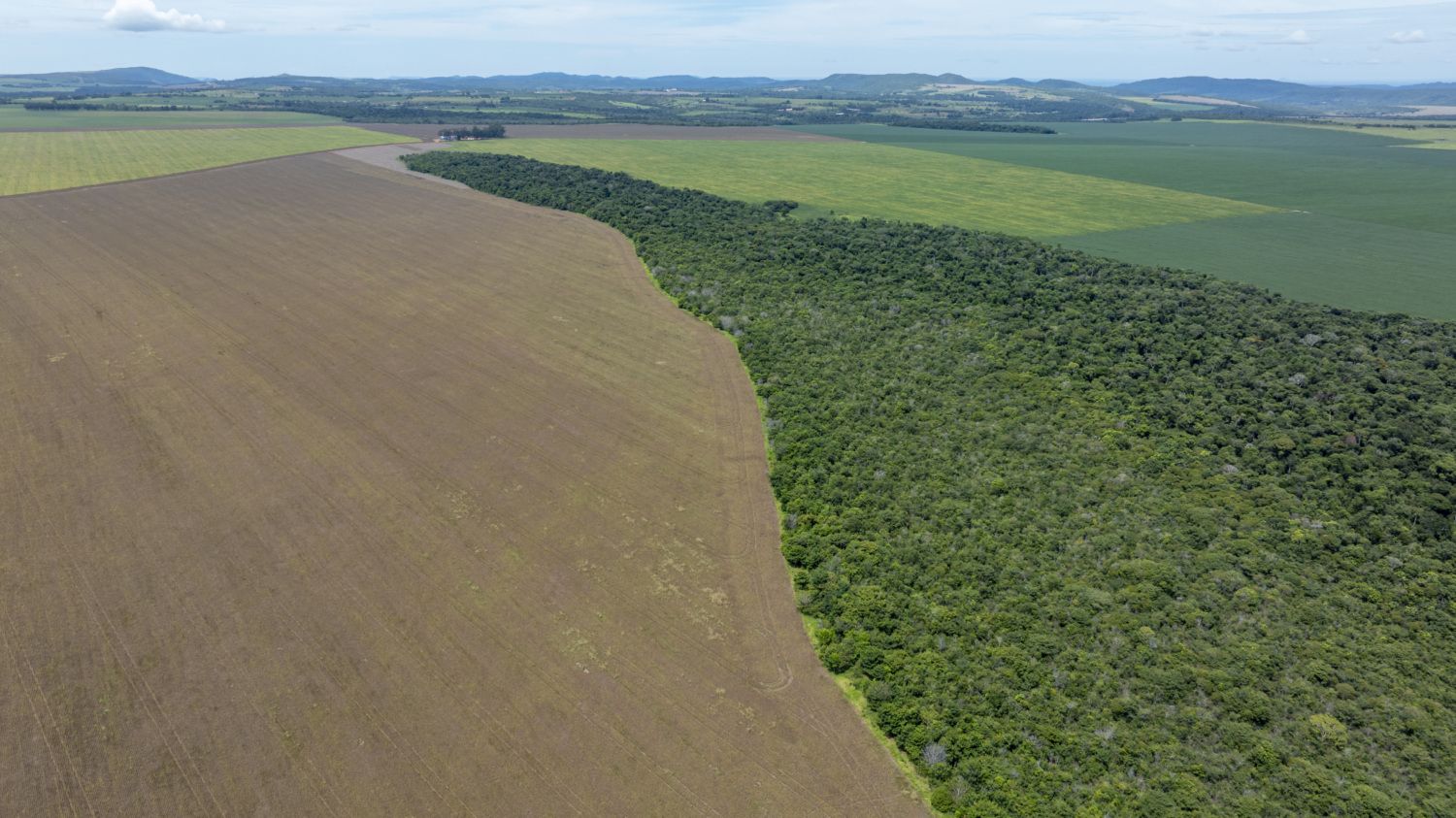
Towards Accountability?
While the world watched the devastation caused by the COVID-19 pandemic and people globally sheltered in place, companies like Vietnamese rubber and agribusiness giant HAGL Agrico quietly took to destroying lands and forests in Cambodia belonging to Indigenous communities, disrupting ecosystems, and desecrating sacred places in order to use the land for unsustainable mono-cropped industrial agriculture.
One member of the Indigenous Ka Chork ethnic group in Ratanakiri, Cambodia, where most of the destruction took place, described the devastation caused by HAGL:
“The company’s investment has affected the burial ground of our people, our farms, streams, ponds, grasslands for raising cattle, and so on. We lost our forest, we don’t have wood to build our houses, or places to look for non-timber forest products. Women in my village do not dare to walk into the forest because they are afraid of the [HAGL] company workers. This year, there was a case where a company worker raped a woman in a nearby village.
“Currently, we can’t look for natural vegetables, fish, or crabs as before because the company uses chemical pesticides in the plantation which flow into the streams, so when our villagers walk down to the streams, we get rashes on our hands and feet. Since the company came in, our people have become poorer… and many have moved as they are afraid of the company clearing.”
Unfortunately, without strong action from their global business partners – in this case French auto giant Peugeot and other car makers – this story is and could become even more common in the rubber industry: a company with an unrecognizable brand decimates the environment and violates human rights, while their partners, buyers, and those profiting from their destruction can sit on the sidelines of an opaque value chain and wash their hands of any responsibility.
In short, there is a huge accountability gap.
However, one important step towards industry accountability happened this month. In June 2021, the Global Platform for Sustainable Natural Rubber (GPSNR) announced the implementation of a grievance mechanism. This mechanism will provide access to remedy for individuals or groups negatively impacted by members of the platform or GPSNR itself, and will guarantee accountability to membership requirements and principles. This is a huge step forward for the rubber industry as an open, predictable, and just system for processing complaints can help ensure that the over 100 members of GPSNR adhere to supply chain requirements that will protect communities and farmers and advance environmental sustainability.
This significant achievement comes as GPSNR recently celebrated the second anniversary of its founding in March 2019 and, to date, there have been several major accomplishments. These include the passage of a comprehensive set of sustainability and human rights-based policy requirements, the formal inclusion of smallholder representatives from rubber producing countries in the platform and on the Executive Committee, and now, the launch of the grievance mechanism.
While these are all important and signal strong movement forward by the industry, GPSNR has yet to overcome a few critical challenges. One of the biggest of these is a reluctance to move towards supply chain transparency and data sharing that would help identify and solve some of the major environmental and social issues associated with the production of natural rubber, and which make the need for a formal grievance mechanism so great.
To date, GPSNR has not meaningfully increased transparency in the natural rubber industry. While movement towards transparent reporting is a core principle of the Platform (as highlighted in the Founding Members statement), as of 2021, the London Zoological Society’s SPOTT assessment reported that, for example, just 14% of companies they reviewed provided comprehensive detail on how they are supporting smallholders and even fewer have reported clearly where their natural rubber is coming from. Without clear obligations for reporting or commitments to disclose information for public knowledge, it is much harder to identify problems on the ground – such as those experienced by the Indigenous communities in Ratanakiri – or take steps to solve them.
Perhaps companies will get there on their own, but in order to act with the requisite urgency, they will need to feel pressure to take responsibility for environmental degradation and human rights violations – whether by themselves directly, in their supply chains, or by their business partners. This is why GPSNR has high standards for all members of the platform and will need to quickly develop a system to ensure implementation of those expectations.
We believe the GPSNR grievance mechanism can help resolve some issues that arise after the fact, but the goal should be to understand and share enough about corporate supply chains and business practices that GPSNR can help ensure proactive compliance with membership requirements before complaints need to be filed.
For true accountability and to ensure that companies are not just riding the coattails of a platform with “sustainability” in its name, companies must commit to concrete actions that will increase public knowledge of the supply chain, the risks, and the bad actors that are enabling environmental destruction and human rights abuses. The grievance mechanism published this month puts an emphasis on transparency of process and outcome: ensuring that all stakeholders understand how far a complaint has made it through the mechanism, what the findings are, and what actions are being taken. This will allow all parties to have the same information and be able to understand the credit or consequences for actions that need to be taken to remain in good standing with GPSNR. Hopefully, this step will get the industry closer to embracing transparency and enable it to learn from existing concerns.
If we seek to really solve problems in the natural rubber supply chain, like the deforestation and human rights abuses we see in Cambodia and across the rubber-producing world, we need big ambition and a commitment to transparency and accountability.


